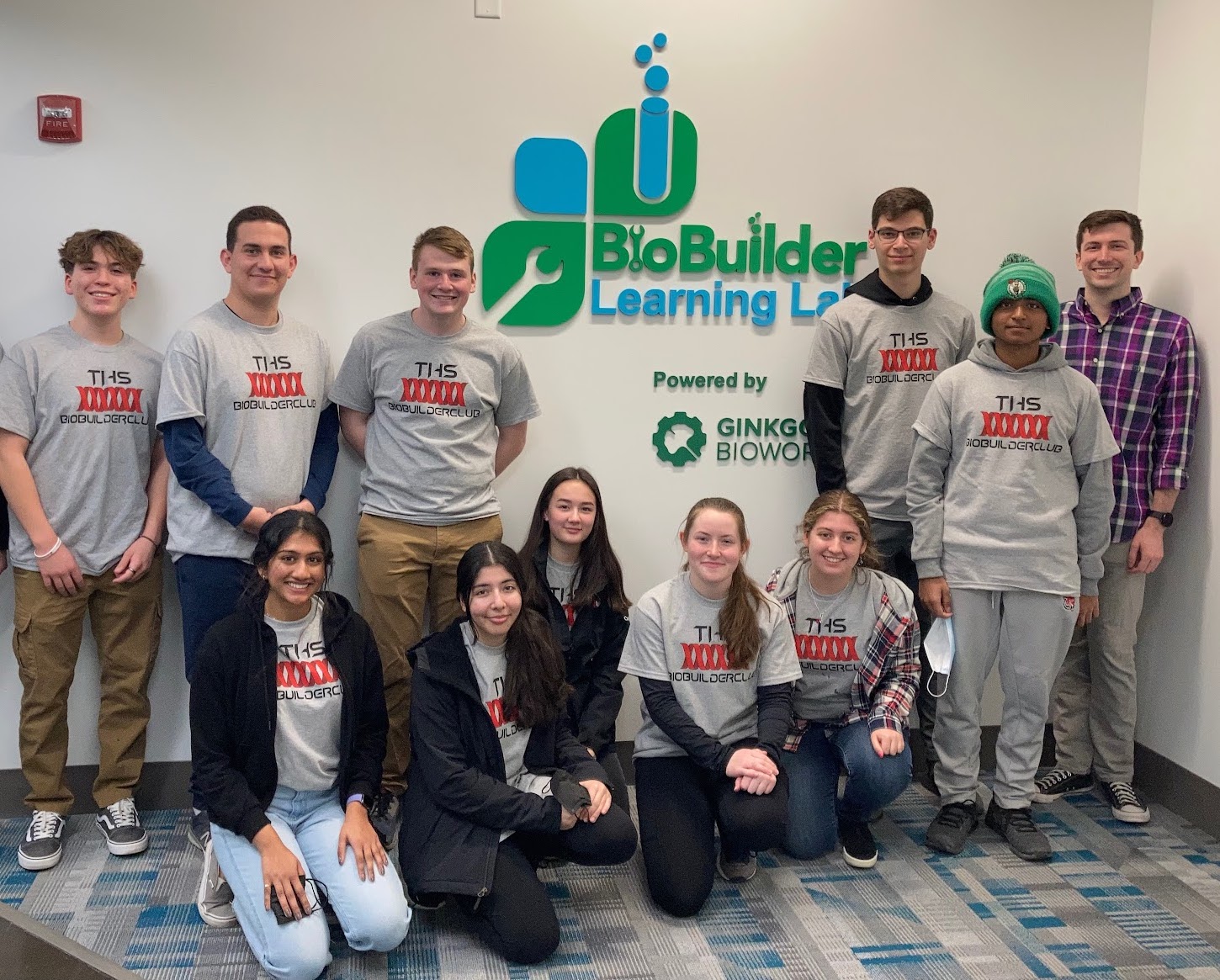Surprisingly, one of the most dangerous animals on the planet is also one of its smallest: the mosquito. These insects are responsible for more human deaths each year than most people’s greatest fears including snakes, sharks, and bears. Mosquitoes are vectors for diseases such as Malaria, West Nile Virus, Zika, and Dengue fever. AliveSCENT aims to combat this issue by engineering E. coli to produce a scent that repels mosquitoes. A bacterially produced insect repellent is more beneficial than mainstream products such as bug zappers that result in dead insects, candles that present a fire hazard, and bug spray that has potentially harmful effects and a foul odor. This experiment tested the repellent properties of four essential oils that could potentially be produced in E. coli: wintergreen, lavender, jasmine, and limonene. The results of this experiment lead to the conclusion that lavender would be the most effective repellent and is capable of being produced in E. coli. To achieve this goal, the native MEP pathway in E. coli would be manipulated to produce (S)- linalool, a compound in lavender oil, with the addition of GPPS and LINS. This would later be inserted into E. coli with a red fluorescent protein to be further tested as a mosquito deterrent. We hope that a functional E. coli repellent will then provide a creative alternative to mainstream insect deterrent products.

AliveSCENT: Evaluating the potential use of various essential oils as a mosquito repellent
School
Tyngsborough High School
Tyngsborough, MA
BioBuilderClub Season
2021-2022 Season
Category
Resources